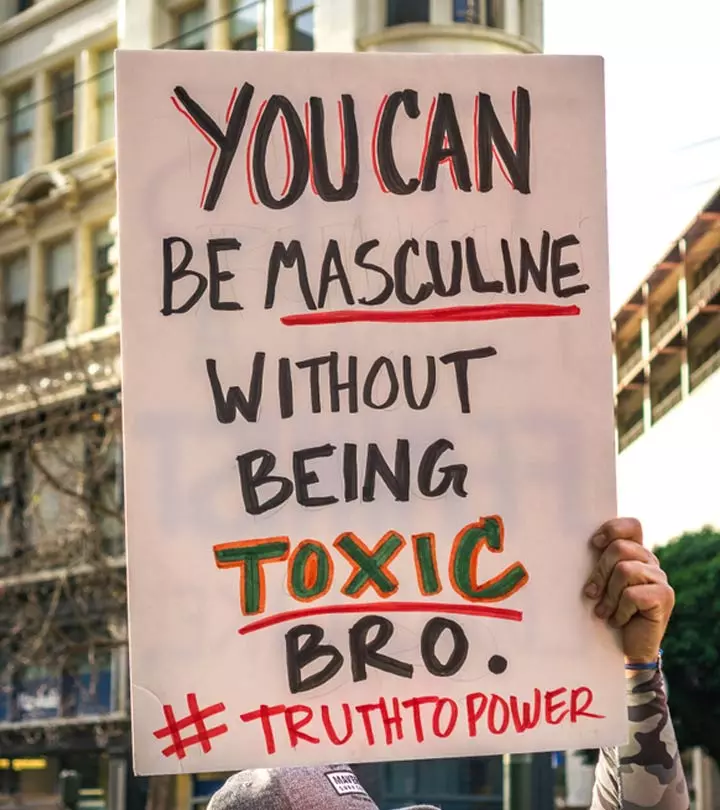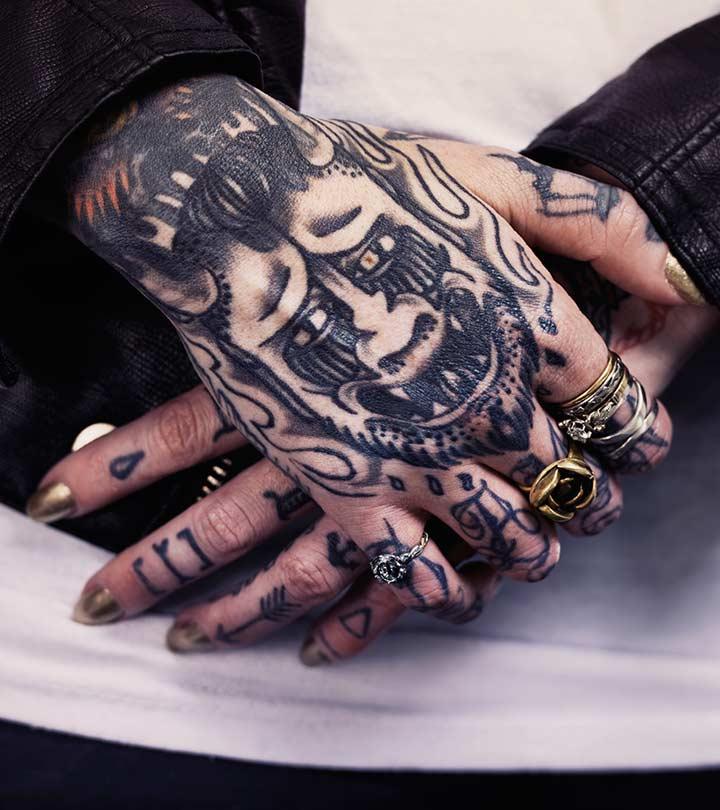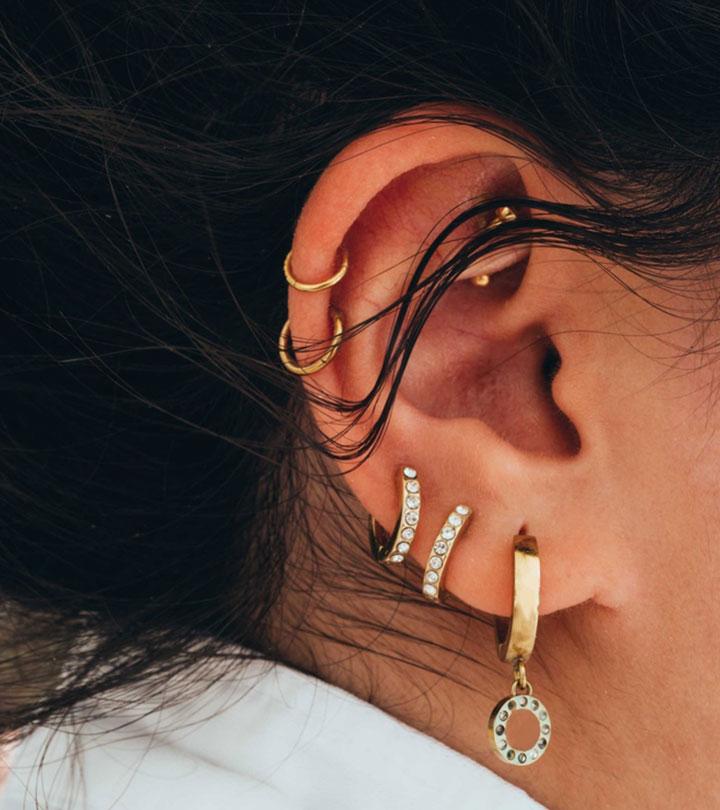Dear Toxically Masculine Men, Women Aren’t Here To Fix Your Problems. We Have Our Own Lives To Live

Image: Shutterstock
Toxic masculinity is when men display stereotypical behaviors that are considered harmful and detrimental towards society and men in general. This includes stereotypical beliefs like, “Boys don’t cry” and “Men will be men”. Toxic masculinity also mocks men who have undergone assault or men who might dress more effeminately. This type of behavior reflects badly on the person who displays it and can have a negative impact on their relationships with the people around them, especially when it comes to the women in their lives. These kind on hyper-masculine men see women as their “knights in shining armour” and expect them to put up with their negative tendencies for the sake of love. Here’s how the media contributes to this stereotype:
The Manic Pixie Dream Girl Phenomenon
We’ve all experienced this character trope in films. So what exactly is a Manic Pixie Dream Girl? The term Manic Pixie Dream Girl was coined by an American film critic called Nathan Rabin. In the traditional sense, a Manic Pixie Dream Girl is portrayed as an overly-enthusiastic woman with oddly quirky traits and an almost unnatural zest for life who is paired with a man of the complete opposite nature. These characters are written into films solely to help the “brooding and soulful” male protagonists discover their inner strengths and let go of their toxic mannerisms. Whether we’re fans of Hollywood or Bollywood, we can possibly recount at least two characters who have been the embodiment of this stereotype. A few common examples of these characters are, Geet in Jab We Met, Tara in Tamasha, Marla Singer in Fight Club, Ramona Flowers in Scott Pilgrim Versus The World and the most disliked of the bunch, Summer in 500 Days Of Summer.
When you look at all of these women, you realize that they are unique in their own ways and have incredible lives of their own. However, their lives and goals are placed on the backburner since they are clearly not as important as the dreams of the male protagonist. The Manic Pixie Dream Girl is unapologetic, unabashed, and uninhibited. It is these very qualities that make her attractive to the male lead in the story and make him want to be a better person. Let’s take the character of Geet in Jab We Met as an example. When she first meets Aditya, he cannot tolerate her bubbly persona but she eventually grows on to him and we see him slowly morph into a better person. Similarly, Tara’s character in Tamasha teaches Ved to stand up for what he believes in and realize his dreams. You see Tara reject the more matured Ved because he isn’t who he used to be. This goes to show how fleeting the Manic Pixie Dream Girls character is. She is often denied a happy ending just like Tara in Tamasha.
How The MPDG Stereotype Affects Real Life
Just as men have to face the stereotypes of being independent and making a lot of money, women have to deal with their own set of stereotypes. From a young age, girls are taught to “fix things”. Women are often taught to endure the troubling times and be there for their partners when they are going through a hard time. We’re often told to set aside our dreams, our careers and our future plans to help our partner grow more successful. Think back to your own childhood. If both your parents worked and you fell sick, which parent was expected to stay back and nurse you to health? If you answered, “My mom” then you understand exactly what we’re talking about. While many may argue that this is because women are inherently more maternal and nurturing than men, isn’t it time we let go of these stereotypes? Think about the single fathers out there. How do they manage when their child falls sick? They can’t depend on a woman to show up and fix everything with her magic wand.
Even when it comes to relationships. How often have you heard of your girlfriends tolerating abusive behavior from their partners under the guise of “He’s a man. He doesn’t understand my feelings”. Isn’t it time we stopped ourselves and started expecting better of the men around us? What about the men out there who do manage to keep a level head and fruitfully balance their work and personal life? Isn’t it time we recognized their efforts and celebrated them? Sure, if your partner is going through a rough time, it’s understandable that you would want to stick by their side and support them to your best ability. However, if they aren’t willing to change or their behavior is starting to take a toll on your personal life, it is not your duty to fix them. The only way to help someone in need is to help them come to terms with their issues.
At the end of it all, you aren’t a therapist. You’re your own person and you have to put your own needs above those of someone else because end of the day there is only one person you can count on. And that person is YOU. Let us know what your thoughts on this article are in the comment section below.















